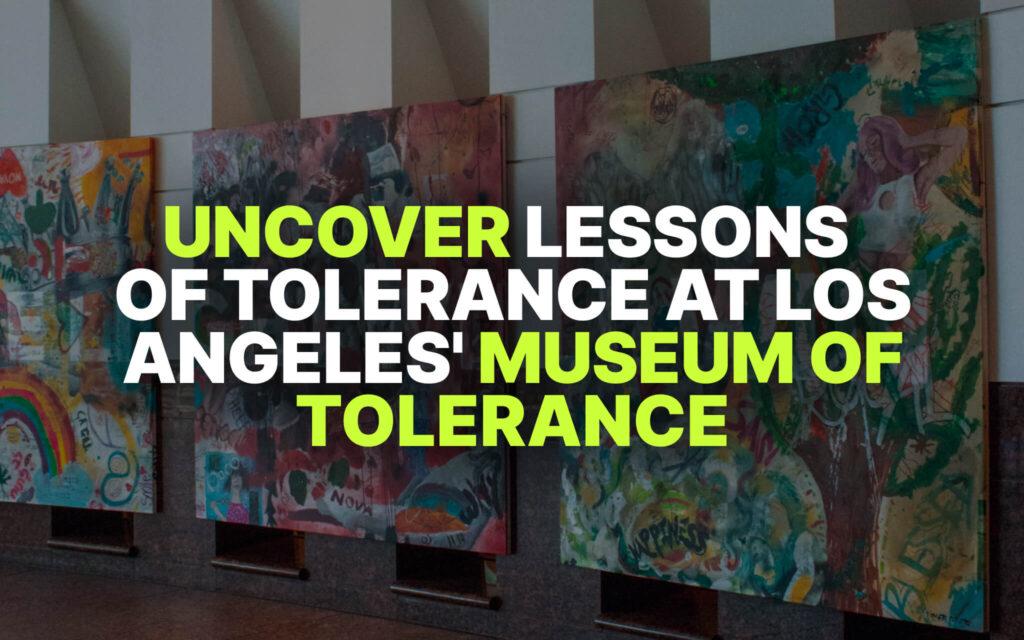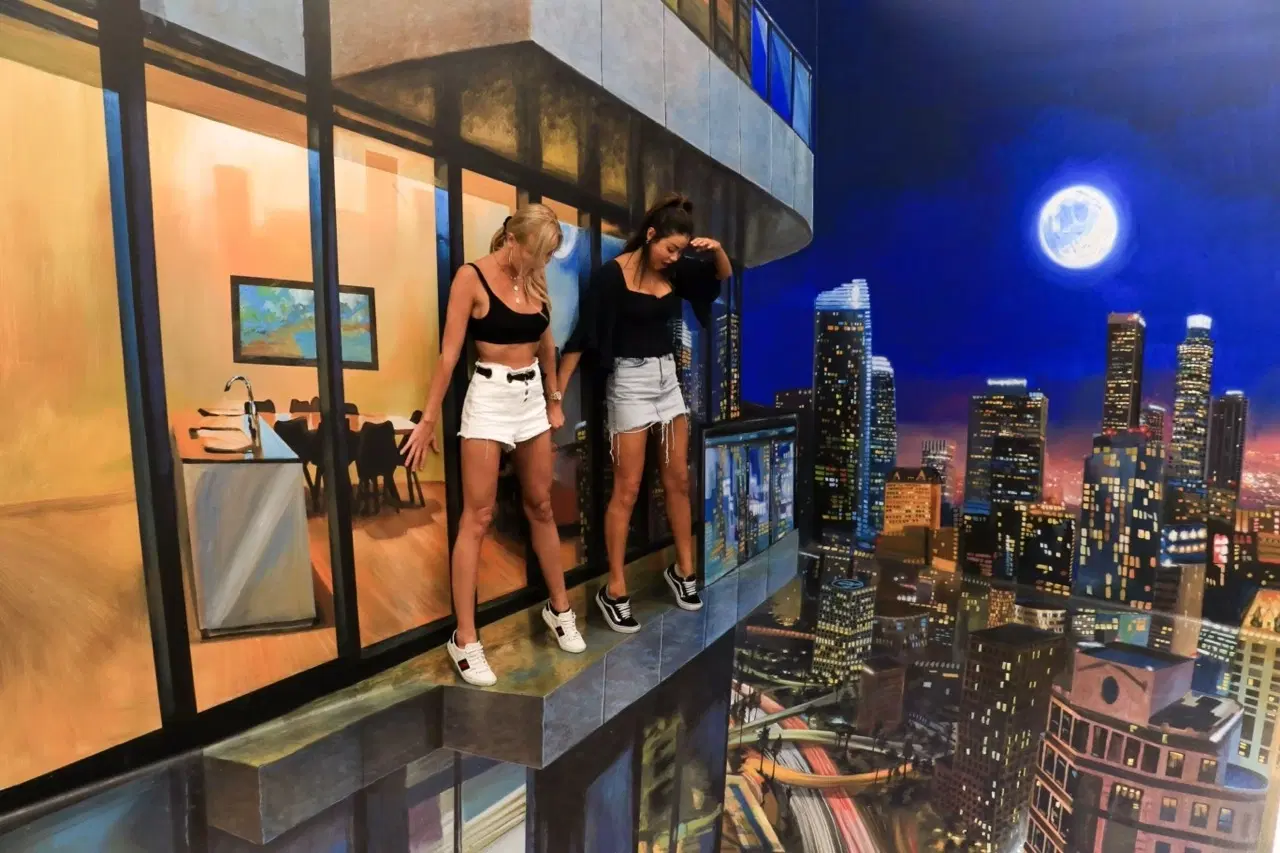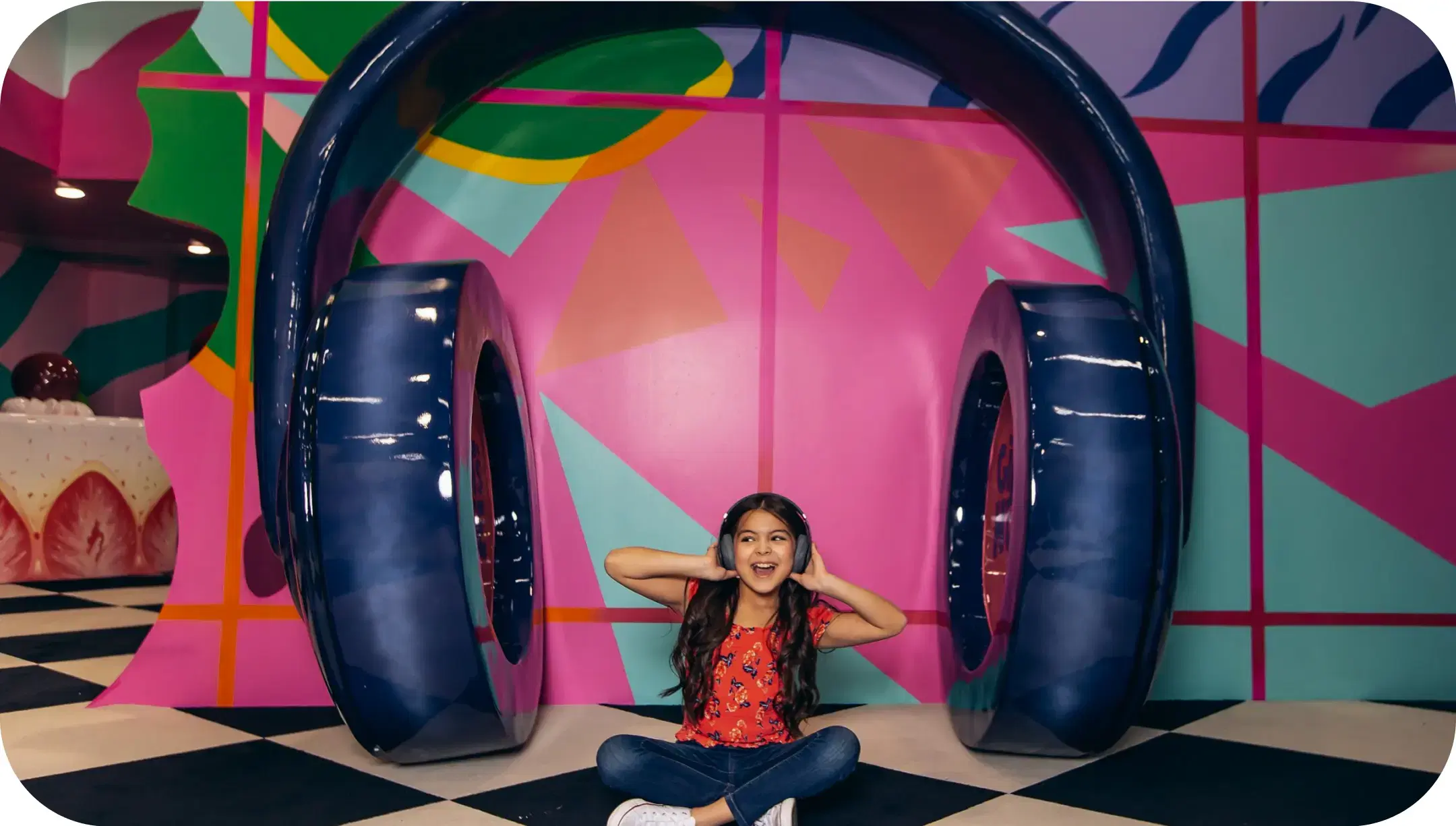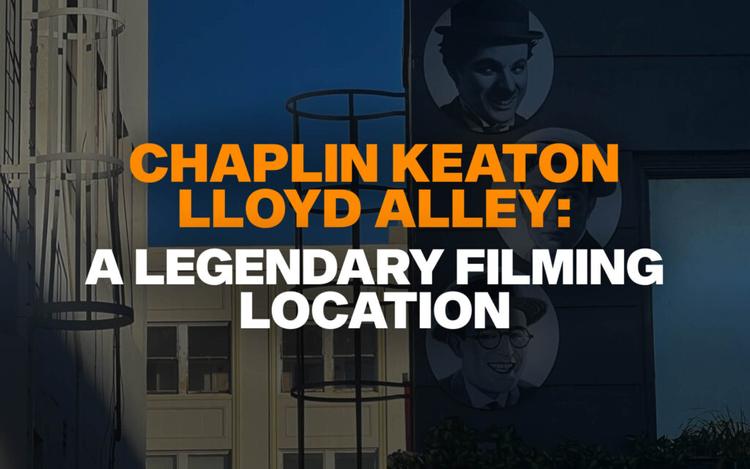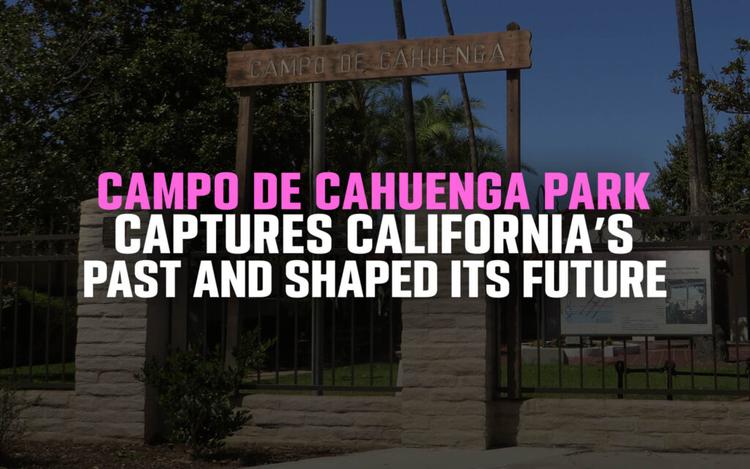The Museum of Tolerance, located in Los Angeles, California, stands as a beacon of education and awareness. This institution is dedicated to promoting understanding and tolerance through powerful exhibits and engaging programs. Established to address the major social issues of prejudice and discrimination, the museum serves as an essential destination for visitors from around the globe.
Founded by the Simon Wiesenthal Center, the Museum of Tolerance opened its doors in Los Angeles, California in 1993. It has since become a pivotal educational resource, aiming to challenge visitors to confront bigotry and racism. The institution’s dynamic environment encourages reflection and action, making it a cornerstone of cultural and educational life in Los Angeles.
Visitors to the Museum of Tolerance will find themselves immersed in a profound journey. The innovative approach includes state-of-the-art interactive exhibits that offer a unique and impactful experience. By fostering an environment of empathy and understanding, the museum plays a crucial role in shaping a more tolerant society.
Exhibits and Experiences at the Museum
One of the museum’s most powerful features is its Holocaust exhibit, which provides a deeply moving account of this tragic period in history. Through personal stories, artifacts, and multimedia presentations, visitors gain a comprehensive understanding of the Holocaust’s impact. This exhibit underscores the dire consequences of intolerance and the importance of remembering the past to prevent future atrocities.
Another significant section is the Tolerancenter, an interactive space where visitors can engage with contemporary issues related to prejudice and discrimination. This exhibit challenges visitors to consider their own beliefs and biases, promoting a culture of acceptance and understanding. The Tolerancenter’s immersive experiences leave a lasting impression on all who visit this museum in Los Angeles, California.
Another important feature is the Social Lab, an area dedicated to exploring current social issues. Through interactive displays and multimedia content, the Social Lab encourages visitors to think critically about modern challenges and their role in creating a more inclusive society. These exhibits collectively highlight the museum’s commitment to fostering tolerance and educating the public.
Educational Programs and Workshops
The Museum of Tolerance offers a wide array of educational programs designed for students, educators, and community members. These programs provide valuable insights into the themes of tolerance and diversity, making this an important educational hub in Los Angeles, California. School groups, in particular, benefit from tailored tours and interactive sessions that align with educational standards.
Workshops at the museum cover a range of topics, from historical events like the Holocaust to contemporary issues such as cyberbullying and hate crimes. These workshops are designed to provoke thought and discussion, encouraging participants to develop a deeper understanding of the importance of tolerance in today’s world. Expert facilitators lead these sessions, ensuring that participants gain meaningful insights.
Community outreach is another key aspect of the museum’s educational mission in Los Angeles, California. The Museum of Tolerance collaborates with various organizations to deliver programs that address local and global issues. These partnerships help extend the museum’s reach and impact, promoting a message of tolerance far beyond its walls. Through these efforts, the museum continues to be a leader in tolerance education.
Visitor Information and Amenities
Located in the vibrant city of Los Angeles, California, the Museum of Tolerance is easily accessible to both local residents and tourists. The museum is open daily, with extended hours on weekends to accommodate visitors. Ticketing options include general admission, group rates, and special discounts for students and seniors, making it an affordable educational outing.
There are a range of amenities to enhance the visitor experience. Guided tours are available for those who wish to gain deeper insights from knowledgeable docents. The on-site café provides a convenient spot for a break, offering a variety of refreshments and light meals. Additionally, the museum’s gift shop features a selection of educational materials, books, and unique souvenirs.
Accessibility is a top priority at the Museum of Tolerance. The facility is fully equipped to accommodate visitors with disabilities, ensuring that everyone can enjoy the exhibits and programs. With ample parking and easy access via public transportation, visiting the Museum of Tolerance is a seamless and enriching experience for all.
Exploring the World of Illusions in Los Angeles
In addition to the Museum of Tolerance, Los Angeles is home to another fascinating attraction: the World of Illusions. This venue offers a unique and entertaining experience that complements the educational journey at the Museum of Tolerance. Located in the same bustling city, the World of Illusions provides a variety of interactive exhibits that captivate visitors of all ages.
The Museum of Illusions features stunning 3D illusions and paintings that create mind-bending visual effects. Visitors can immerse themselves in these artistic creations, experiencing a world where reality and illusion blend seamlessly. This exhibit offers a fun and engaging way to explore the boundaries of perception.
Another highlight is the Upside Down House, which consists of seven rooms designed to defy gravity. Each room is meticulously crafted to create the sensation of being upside down, providing a playful and surreal experience. The Giant’s House, where everyday objects are magnified to enormous proportions, offers a whimsical perspective on ordinary life. Finally, the Smash It! exhibit allows visitors to release their frustrations by smashing plates against a wall, adding a therapeutic element to the visit.
The Broader Impact of the Museum of Tolerance
The Museum of Tolerance’s influence extends beyond its exhibits and programs, contributing significantly to the community and society at large. By addressing critical issues such as prejudice, discrimination, and human rights, the museum fosters a culture of awareness and action. It serves as a catalyst for change, inspiring individuals to take a stand against intolerance in their own lives.
Success stories from visitors highlight the transformative power of this Los Angeles’ museum’s work. Many individuals have shared how their visit to the Museum of Tolerance profoundly impacted their views on tolerance and acceptance. These testimonials underscore the museum’s role in creating a more compassionate and inclusive world.
Encouraging readers to visit the Museum of Tolerance is an invitation to engage with important social issues in a meaningful way. The compelling exhibits and programs offer valuable lessons that resonate long after the visit. By experiencing the powerful stories and messages at the Museum of Tolerance, visitors can become advocates for change in their own communities, helping to build a more tolerant and understanding society.
FAQs
What can I expect to see at the Museum of Tolerance in Los Angeles?
Visitors to the Museum of Tolerance in Los Angeles can explore powerful exhibits on the Holocaust, contemporary social issues, and interactive displays that promote understanding and tolerance. The museum provides a comprehensive educational experience aimed at challenging prejudice and fostering a culture of acceptance.
How do I get to the Museum of Tolerance and the World of Illusions in Los Angeles?
Both the Museum of Tolerance and the World of Illusions are located in Los Angeles, California. The Museum of Tolerance is easily accessible by car or public transportation, with ample parking available. The World of Illusions, another popular attraction, is also conveniently situated in the city, making it easy to visit both locations.
What makes the Museum of Tolerance unique compared to other museums in Los Angeles?
The Museum of Tolerance in Los Angeles is unique for its focus on promoting tolerance and understanding through interactive and impactful exhibits. Unlike traditional museums, it engages visitors in a journey of self-reflection and education about prejudice, discrimination, and human rights, making it a distinctive and meaningful experience.
